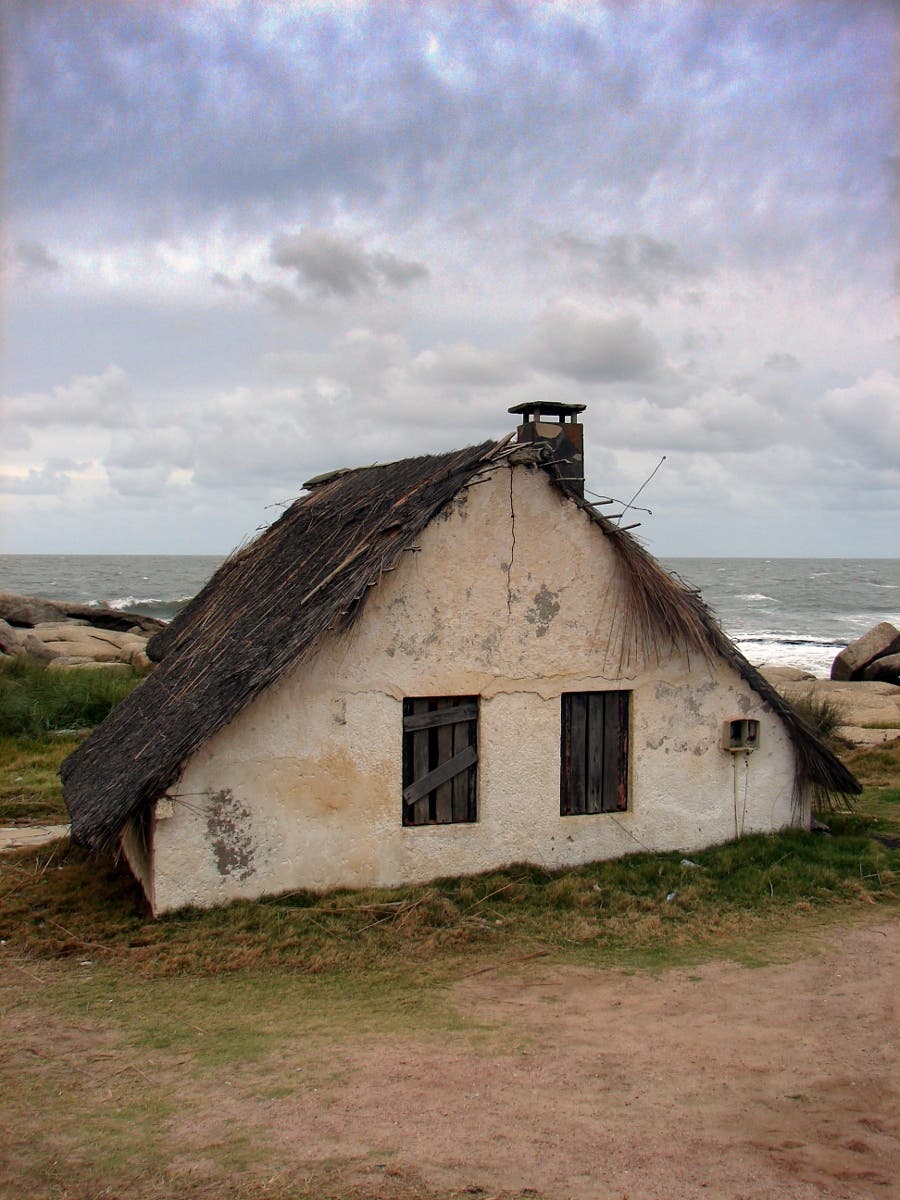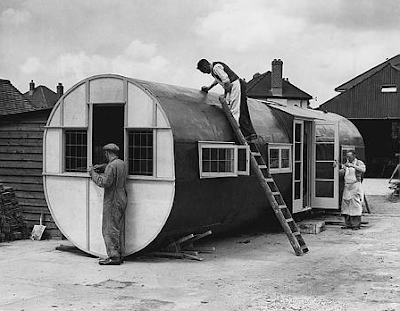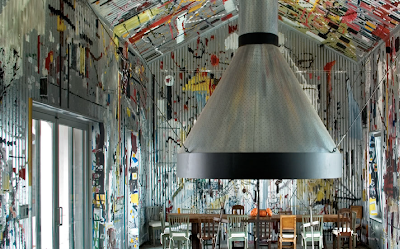[from
Merco Press, 27 January 2011]
Let’s stop Fooling Around and Spending so Much on Arms Says Uruguayan President MujicaThe President of Uruguay Jose Mujica, on Wednesday concluded a two-day visit to Peru aimed at deepening trade and political relations. His next official port of call is Venezuela.
Mujica's visit to Peru was the first by a Uruguayan head of state in 25 years. In a government statement, Peruvian president Alan Garcia said it was “worth waiting” to receive a representative from such an “example of democracy, education and peace.”
Mujica met with Garcia to sign bilateral accords on ports, migration, health and education.
Mujica was awarded the Grand Collar of the Order El Sol del Peru, the highest distinction awarded by the Peruvian State, in a ceremony at the Salon Dorado at government house.
Trade between Peru and Uruguay is currently worth about $94 million, with Peru exporting $21 million worth of fish and wool. Peruvian imports, worth about $73 million, include rice, maize and meat.
The Lima Chamber of Commerce, where Mujica spoke, noted that Uruguay is a major software exporter in Latin America and said the countries could work together on boosting trade of goods and services.
During his speech Mujica thanked García for inviting him and talked about the relations between the two countries.
“Uruguayans are friendly people, in Uruguay you have the freedom to say what you want and live freely. We also have defects like everybody else, but we live in peace,” Mujica said.
On his part Garcia said, ”I propose that Pepe (Jose Mujica) lift the flag on behalf of democratic Uruguay, to become a partner on lifting the banner of peace and disarmament among our South American countries,” “Our countries need resources to help the people who are in poverty,” he added.
“I am going to take your remarks into careful consideration,” said Mujica. “Let’s stop fooling around and spending so much money on arms when we have to spend a lot of money on other things and we owe so much to poor people who have been forgotten and ignored,” he added.
Mujica, as always, was dressed informally, showed how humble he is. “I don’t deserve all this fuss, the pigeons in the square are scared,” he joked, referring to the main square in Lima where “parts of our scars, glory, frustrations and pain of the fatherland are yet to be fulfilled,”
The Uruguayan leader said that his country and Peru should improve their relationship and invited Peruvians to move to his “little, cosy country, which is almost empty and has very fertile land.” He said it is time for Peru to send business people and people “to live” and not just “third world seamen, exploited by Asian ships; and maids, even though they are honourable and docile.”
During his visit, Mujica said one of his aims was to push for the entry of Peru and Venezuela into the Mercosur trading block which includes Brazil, Argentina, Uruguay and Paraguay.








